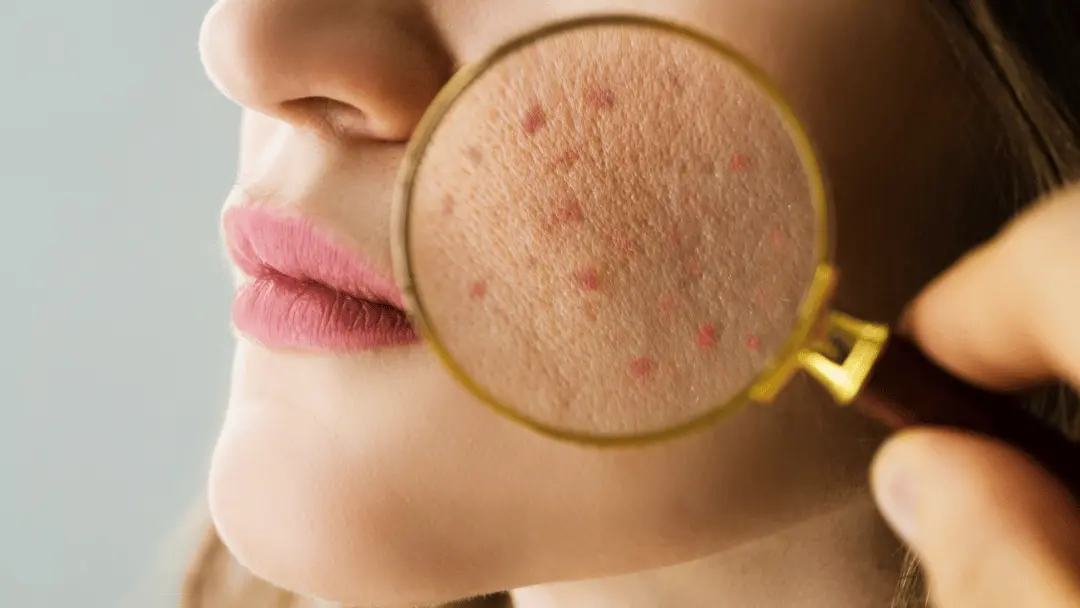Navigating Skin Cancer Cells Treatment: The Important Duty of Mohs in Modern Dermatology Practices
Skin cancer cells, a difficult medical diagnosis, frequently leaves people grappling with numerous treatment alternatives. As we explore the ins and outs of this treatment, one will certainly appreciate its essential duty in skin cancer treatment.
Recognizing Skin Cancer Cells: Types and Dangers
There are three main kinds of skin cancer cells: Basic cell carcinoma, Squamous cell carcinoma, and Melanoma. It accounts for just concerning 1% of skin cancer cells situations but causes the vast bulk of skin cancer cells deaths. Risk factors consist of reasonable skin, history of sunburn, excessive sun direct exposure, living at high elevations or close to the equator, having many moles, a family members background of skin cancer, and weakened immune system.
What Is Mohs Surgery and How It's Changing Skin Cancer Cells Therapy
Despite the various therapies presently readily available for skin cancer cells, Mohs surgery stands out as a groundbreaking and highly effective service. Named after Frederic E. Mohs, the doctor who established the treatment, Mohs surgical treatment is a specific medical strategy made use of to deal with skin cancer cells. This degree of accuracy, integrated with the capability to save as much healthy and balanced tissue as possible, is transforming skin cancer treatment.
The Advantages of Mohs Surgery Over Traditional Skin Cancer Cells Therapies
Building on the cutting-edge nature of Mohs surgical procedure, it's vital to consider its countless benefits over standard skin cancer cells therapies. Unlike standard procedures, Mohs supplies a higher remedy price, often reaching 99% for new treatments and 94% for persistent cancers cells. Furthermore, it decreases damages to healthy skin, leading to much less scarring and enhanced cosmetic results.
The Treatment of Mohs Surgery: What to Expect During the Refine

Prospective Negative Effects and Post-Operative Care of Mohs Surgical Procedure
Undergoing Mohs surgical treatment, like any kind of other surgery, involves prospective adverse effects that clients must understand. Common negative effects consist of discomfort, bruising, and swelling at the surgical treatment website. However, these are typically short-lived and manageable with over the counter pain medicine and cold pack. In rare situations, individuals might experience infection, blood loss, or an allergic reaction to the local anesthetic. Post-operative care is important to recovery and minimizing side effects. This usually look at more info entails maintaining the injury tidy and completely dry, taking recommended drugs, and avoiding exhausting activities. Clients must likewise go to all follow-up consultations for injury treatment and tracking. Sometimes, extra therapies may be required to make sure total elimination of the malignant cells. Abiding by these post-operative treatment standards can greatly enhance recovery and outcomes.
Verdict

Comments on “Manage your hair loss issues with guidance from an experienced hair care specialist.”